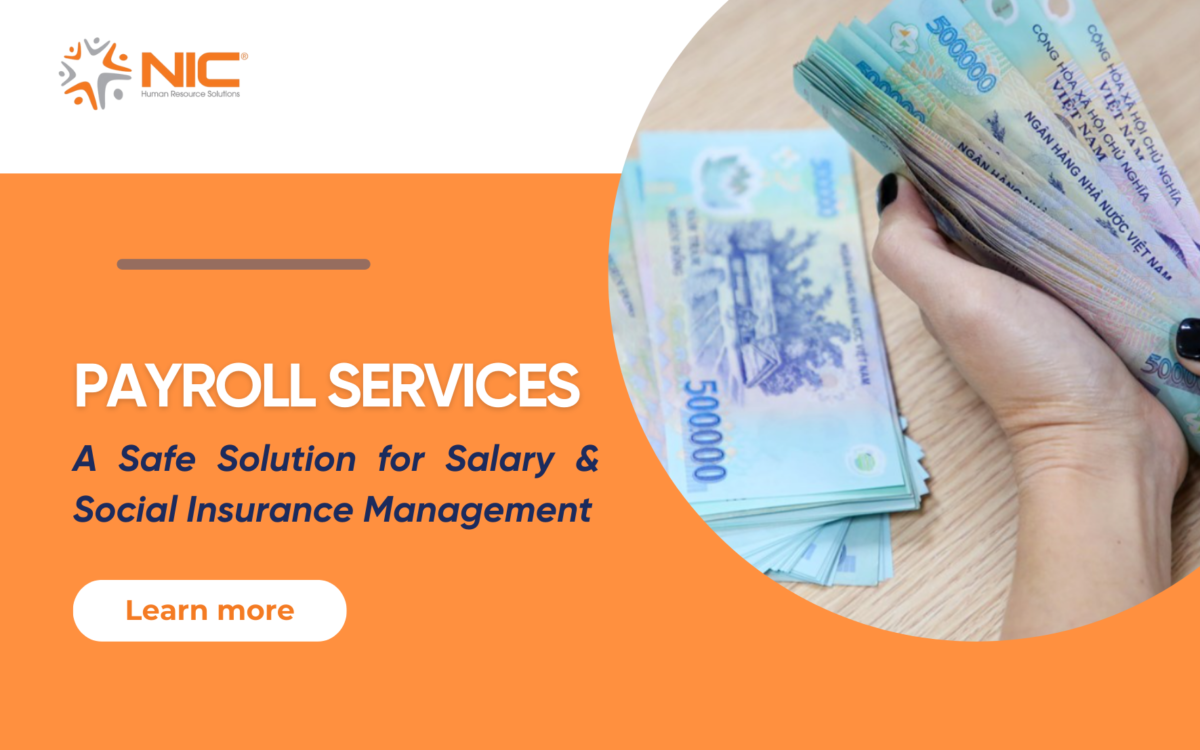Being sloppy
Not doing your homework
“Employers take note of candidates that are educated on the responsibilities of the job opening in question and on the company itself,” Rosemary Haefner, chief human-resources officer for CareerBuilder, tells Business Insider. “This demonstrates that you made the decision to apply for the job after considering the facts, rather than out of desperation.”
Trying too hard to garner attention
Skipping breakfast
By the time you wake up you likely haven’t eaten for 10 or 12 hours, which is where breakfast got its name — it means “breaking the fast,” De Fazio says.
When blood-sugar levels are low, she explains, it’s much harder to focus and you’re more likely to feel tired, irritable, and impatient, all of which make it impossible to do your best during an interview.
Smoking and drinking
“Your interviewer will smell it on you,” she says. “If she’s a smoker, she may not mind, but most interviewers gave up the nicotine habit.”
Poor grooming and hygiene
“Do you want people focusing on the musty odor that surrounds you or your brilliant words?” Randall asks. “Lack of effort in your appearance can be construed as potentially lacking effort in your work and work area.”
Being late
It will tell the hiring manager that you are irresponsible, aren’t taking this process seriously, and don’t respect their time. And this is not the first impression you want to make.
Plan to arrive at least 15 minutes early. If you find yourself running way ahead of schedule, TopResume’s career expert, Amanda Augustine, and Business Insider’s director of talent, Stephanie Fogle, suggest killing time by ducking into a coffee shop or walking around the neighborhood
Why? Showing up too early isn’t great, either. It can be frustrating for the hiring manager, as your early arrival could throw a curveball into their schedule.
Texting when bored
Most waiting areas have magazines, Randall says, and if you see a company brochure, even better. Reading that will reflect your interest in the company.
Grooming in public
Oliver says it’s a good idea to pack a small grooming kit for a quick touch-up before an interview. But rather than apply lipstick or brush your hair in the reception area, you should arrive a few minutes before the interview starts, duck into the restroom, and complete your final grooming before the interview.
Bringing too much stuff
Dressing too casually
“Sloppy clothes scream ‘I don’t care!’ and are a surefire way to put off those around you,” Randall says.
And dressing too formally for an interview can tell an employer that you didn’t research the company culture and you’re not a fit.
Speaking without thinking
Saying the wrong thing to the receptionist, for instance, can crush your chances of landing a job. Receptionists are often the first set of eyes and ears a company has, and what you say to them will probably make its way back to hiring managers.
Continually asking the receptionist if she is sure that your interviewer knows you’re waiting for her out in the lobby may convey your neuroses, Oliver says. And flip comments like “Hey, beautiful,” aren’t the compliments you may think they are.
Being too informal
Leading with “Hey, what’s up?” probably won’t make the best first impression.
Projecting a bad attitude
“Similarly, it’s important not to bad-mouth a former boss, coworker, or employee during any stage of the interview process,” she says. “Even if your former boss or organization is known for its problems, a job interview is no time to express your anger.”
Another bad attitude, arrogance, is often confused with confidence. Walk into the interview with a mix of confidence and humility, smile, and show some enthusiasm, Randall says.
Being too demanding
But while questions like, “What might I expect in a typical day?” and “How do you measure success?” show you to be invested in the opportunity, making certain requests before you even have the job makes you look more high-maintenance.
Randall suggests steering clear of queries like, “Can I sit by a window? It helps with my hourly meditation.”
Oversharing
To avoid oversharing, she suggests following a few simple rules: Keep it relevant. Leave your childhood out of it. Don’t insist on special favors or accommodations. And don’t use the term “deal breaker.” Instead, listen and give the interviewer an opportunity to ask questions.
Displaying shyness
It’s understandable to be nervous during an interview, but you want to make sure you give interviewers more to go on than one-word or rushed answers.
Interviews, which generally involve a lot of talking about oneself, can be especially trying for shy people, and the unfortunate reality is that shyness is sometimes misconstrued as insecurity and even incompetence.
In a previous Business Insider story, Harvard Business School professor Amy Cuddy suggested taking your time to answer a question, which shows that you’re taking the other person seriously and conveys a sense of power.
“When someone asks you a question,” she said, “trust that they really want you to answer it thoughtfully. So don’t even be afraid to pause before you answer it. Reflect; don’t jump right in.”
Swearing
Swearing demonstrates to others that you aren’t able to calmly and thoughtfully deal with a situation, Randall says.
“Using foul words or questionable language is not only a bad habit, but in most places of business, it’s still considered unprofessional and can even land you in Human Resources for a little chat,” Randall says.
Interrupting
Poor body language
In a recent CareerBuilder survey, employers said that some of the biggest body-language mistakes job seekers make include failing to make eye contact, failing to smile, and bad posture.
Nervous habits like jingling your keys, shaking your leg, and scratching your head can also be construed as boredom, Randall says.
“Interviews are highly stressful, even for those doing the interviewing,” Oliver says. “Through your body language, try to convey how delighted you are to be given the opportunity to compete for the amazing job.”
Embellishing
“Lying or exaggerating during the hiring process can destroy your chances of ever being hired with that employer,” she says. “And because of extensive background checks and references that come into play before an offer is made, it’s easier to be caught than you might think.”
Being too eager
Asking, “How did I do?” or “Did I get the job?” projects eagerness that bridges on desperation and neediness. It’s one thing to be excited about a job prospect, but you don’t want to appear too hungry.
What’s more, these kinds of questions are just plain awkward, as they put the interviewer on the spot. You’d be better off following up about feedback after you are or aren’t offered the job.
Checking out mentally
“Of course you want it to be over, but while you’re there in front of the interviewer, you must work to stay mentally present,” she says. “Interviewers know when you are not there mentally.”
Your distraction during an interview translates as either inadvertent rudeness (you just don’t come off as all that interested in the job) — or unfocused answers ( you’re not really answering the questions asked).
Not being gracious
“Whether we spent 30 minutes meeting in the offices, we Skyped because you’re abroad for your junior spring semester, or we did a quick first-round phone interview, you should always follow up later that day or the following day to say thanks and reiterate your interest,” Liebman says.
A few things happen when you don’t send a thank-you email. The hiring manager assumes you don’t want the job. They think you’re disorganized and forgot about following up. And there is a much higher chance they’ll forget about you.
Source: businessinsider





